Great Lakes water levels could increase on average from 19 to 44 centimeters in the next few decades, study says
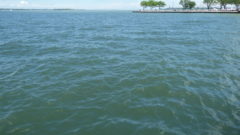
New research into Great Lakes water levels looks farther into the future to predict how much climate change will increase lake levels in four of the five Great Lakes.
The predictions for the levels between now and 2050 show average increases from 2010-2019 levels of Lake Superior rising 19 centimeters (7.5 inches), Lake Erie 28 centimeters (11 inches) and lakes Michigan and Huron by 44 centimeters (17.3 inches).
Great Lakes Now
https://www.greatlakesnow.org/2022/06/great-lakes-water-levels-increase-next-few-decades/

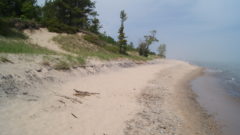
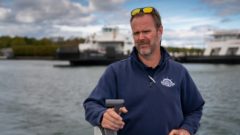
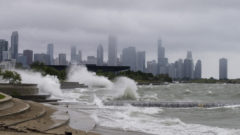
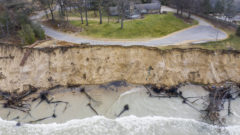
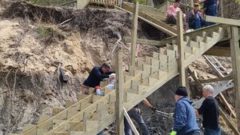

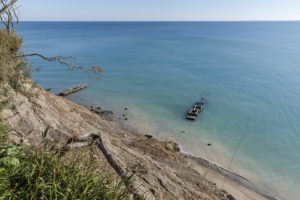
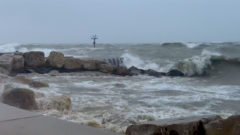
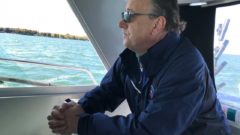
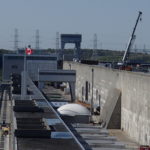
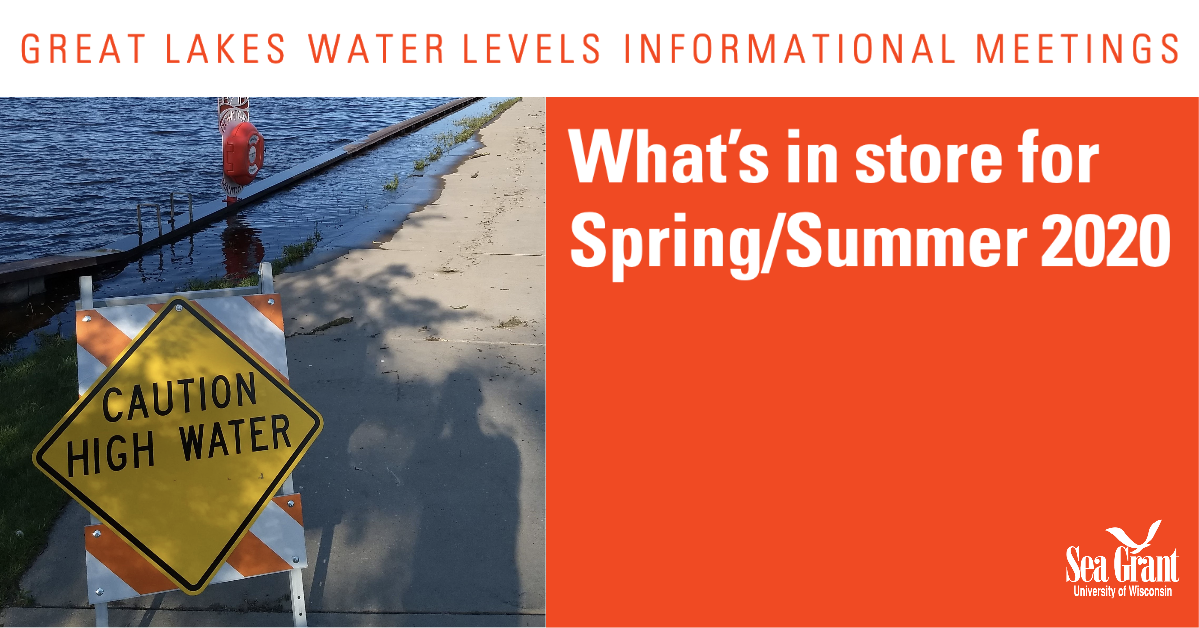 Great Lakes water levels have been at or near record highs in recent months, prompting concern among many Wisconsin residents.
Great Lakes water levels have been at or near record highs in recent months, prompting concern among many Wisconsin residents.